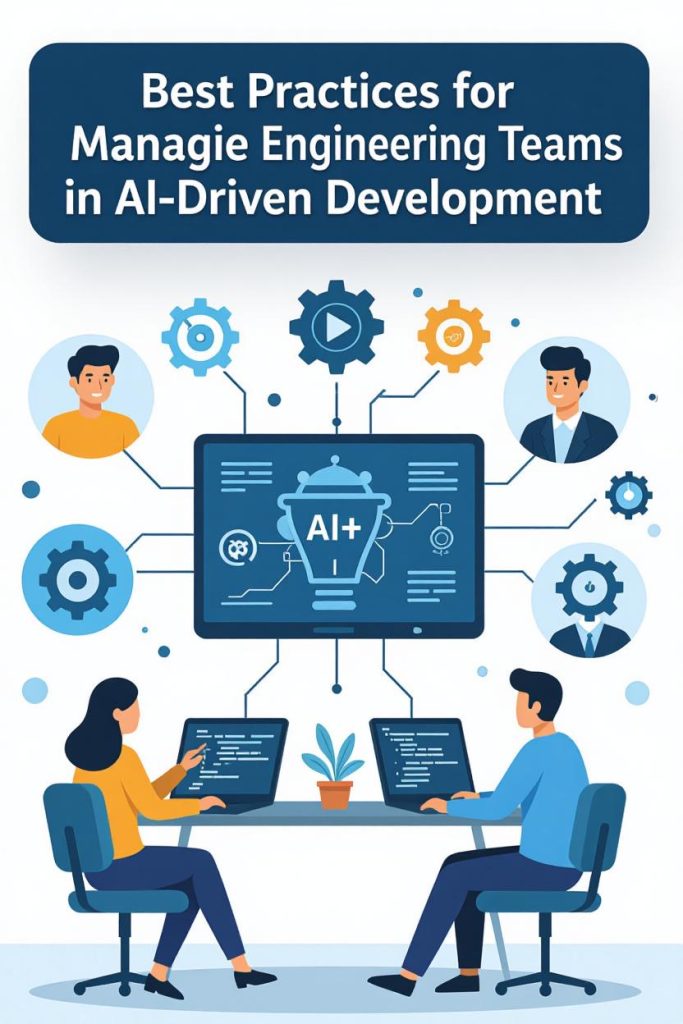
In 2025, remote engineering teams drive AI innovation but face challenges like time zones, data security, and tool integration. This post outlines key practices for success.
Establish Clear Communication Channels
Over-communicate via tools like Slack and Zoom for async updates. Share product visions visually and document everything in writing. Schedule regular check-ins without unnecessary meetings to align on AI tasks.
Leverage AI-Powered Tools
Use AI for automation, predictive analytics, and workflow optimization in project management. Platforms like Jira with AI integrations help track remote progress; assess needs before implementation. Tools for engineering include AI-driven collaboration for code reviews and debugging.
Foster Team Culture and Well-Being
Build relationships through virtual activities and AI-powered communication tech. Focus on well-being to prevent burnout in AI projects; cultivate trust and cultural dynamics. Encourage bonds via team-building to boost productivity.
Implement Effective Project Management
Set realistic goals collaboratively and use async workflows for global teams. Identify roles clearly in AI development; automate repetitive tasks. Scale with AI-native strategies for high performance.
Address AI-Specific Challenges
Hire skilled AI roles like data scientists; integrate secure remote access for model training. Use AI for HR practices in team deployment. Prioritize data privacy in distributed environments.
Conclusion
Apply these practices to lead efficient remote AI teams. Start small, adapt based on feedback for sustained innovation.
Leave a Reply